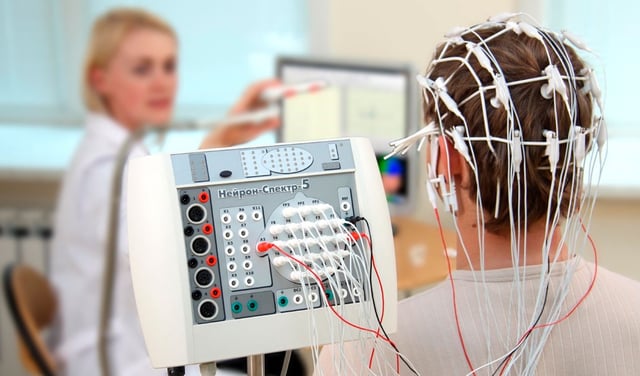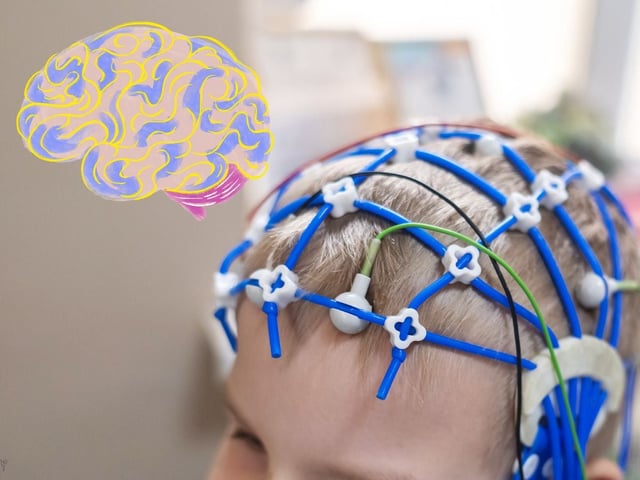Overview
- The algorithm, led by pediatric neurologist Emma Macdonald Laurs in Melbourne, was trained on children’s MRI and PET scans to flag cortical malformations.
- It achieved detection accuracies of 94% and 91% in two test groups reported in the journal Epilepsia.
- In an initial cohort of 17 children, 12 underwent surgical resection of the identified lesion and 11 are now seizure-free.
- Eighty percent of these patients had prior MRIs read as normal, underscoring a diagnostic gap for deep-sulcus cortical dysplasia.
- Researchers present the tool as decision support for clinicians and plan prospective hospital trials, noting earlier automated efforts such as King’s College London reported about 64% detection.


